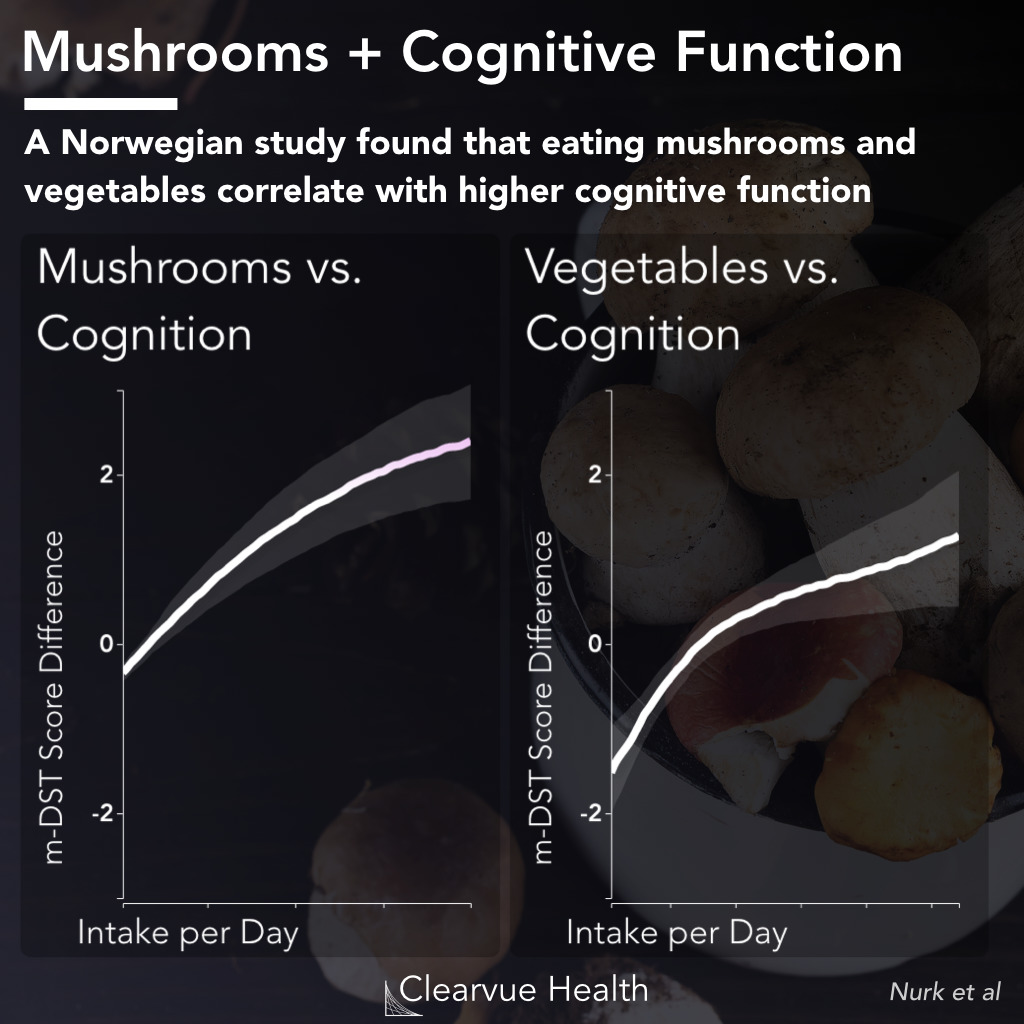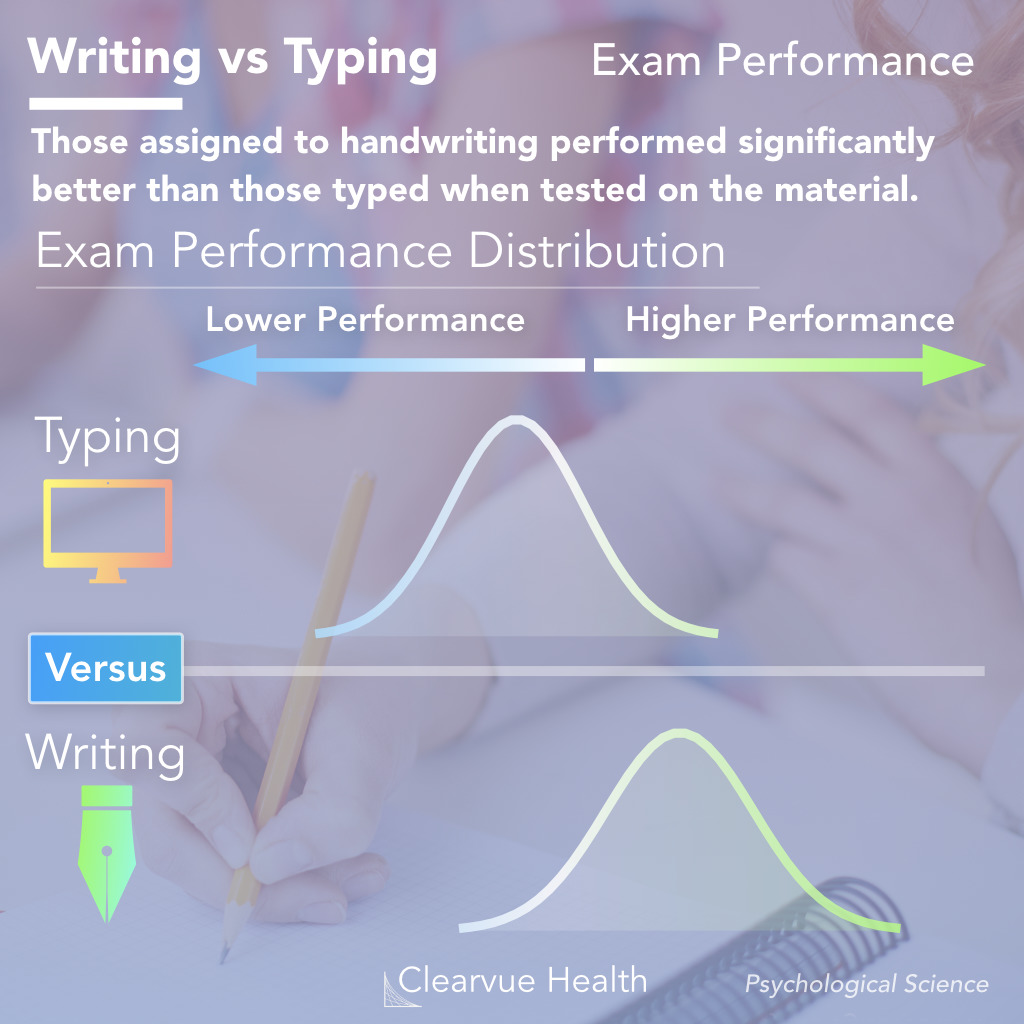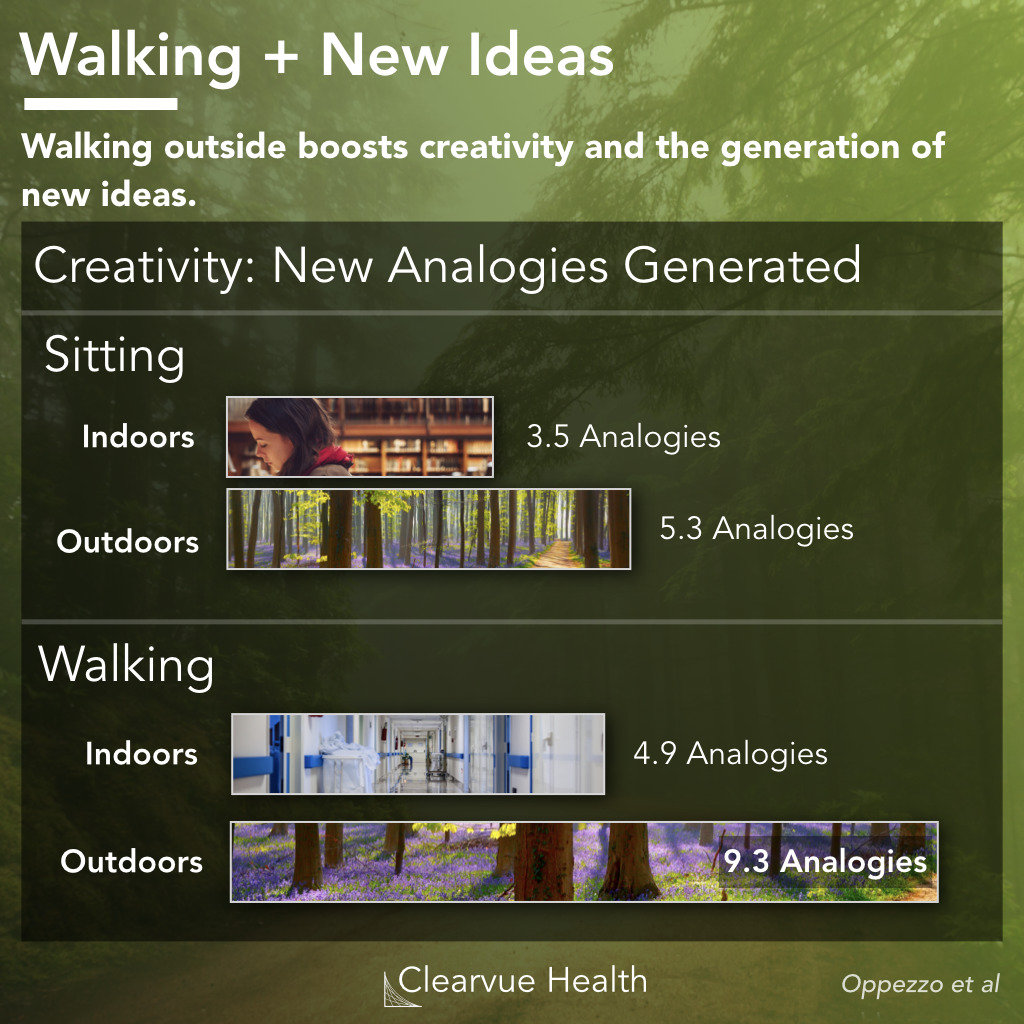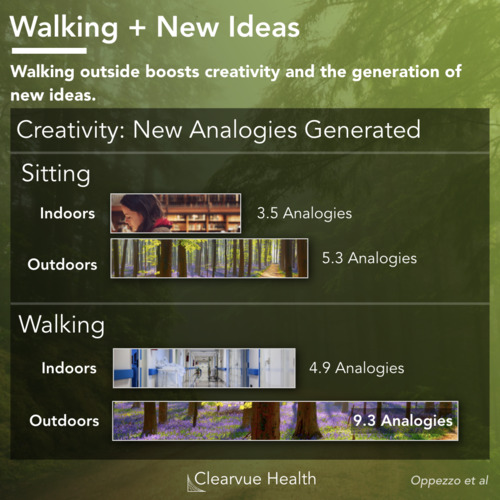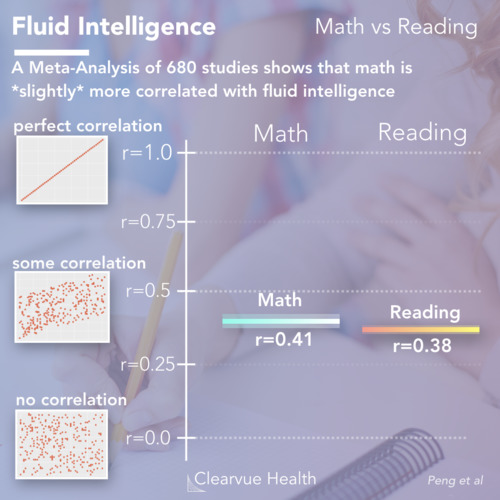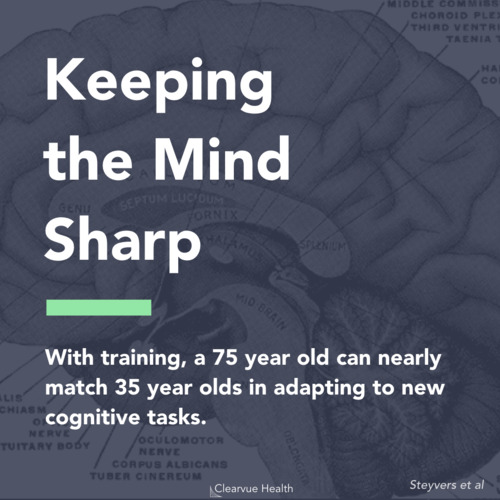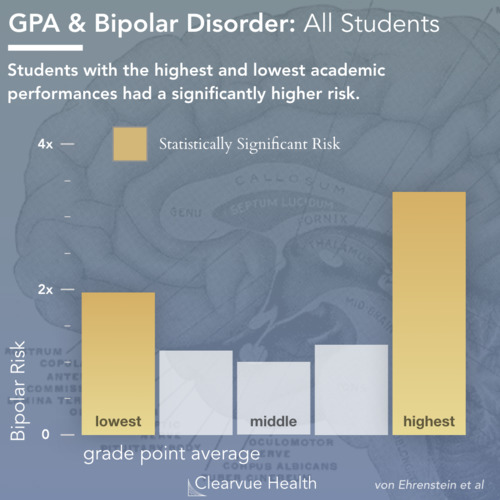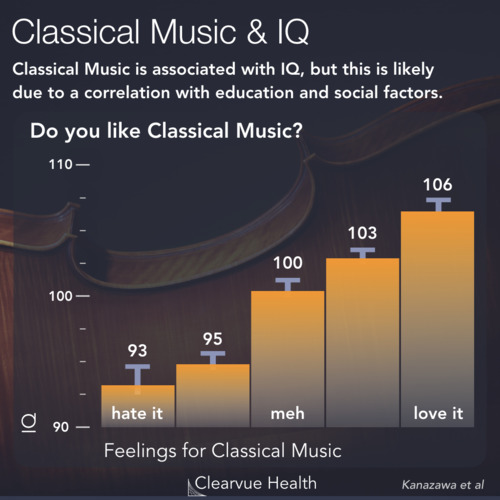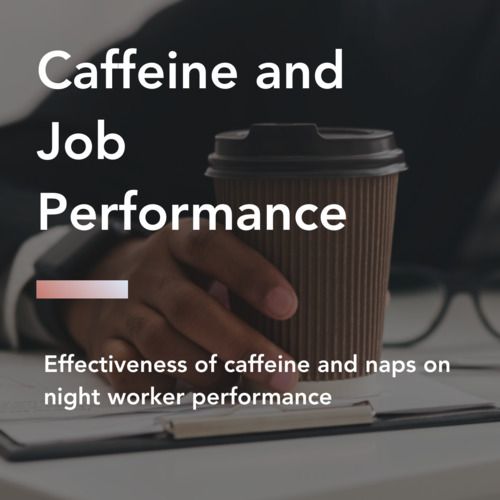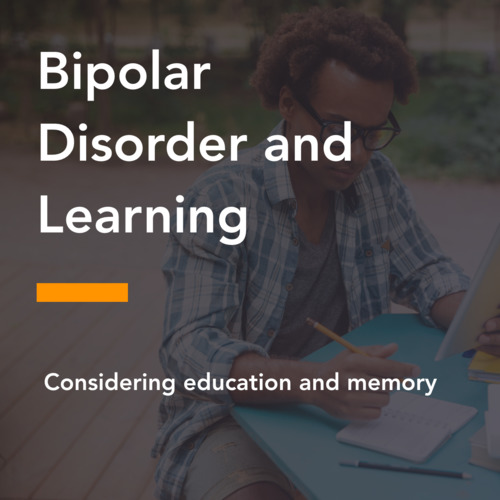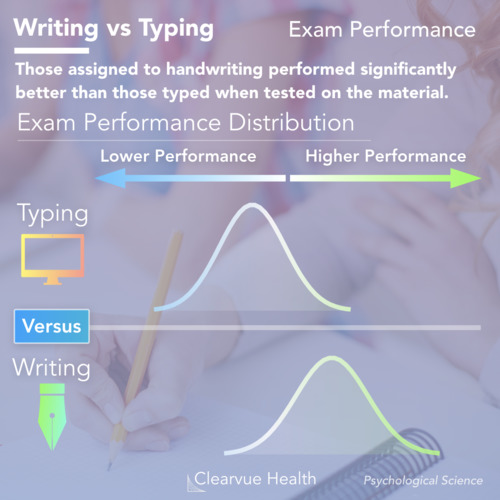If you want new ideas, try going for a walk. A Stanford study shows that walking stimulates the generation of new ideas. Walking outside provided even more new ideas than walking inside.
Fluid Intelligence represents your ability to reason and solve new problems. Math and Reading are both associated with fluid intelligence. Your ability to solve word problems are more important than your arithmetic skills.
Are older brains less sharp than younger brains?. Not necessarily. With practice, a 75 year old can perform just as well as a 35-year-old on cognitive tasks. Combined with a lifetime of experience, there is no reason why age should be a barrier to learning a new skill.
Bipolar Disorder is more common among kids who do very well and very poorly in school. This effect is stronger among boys. Those who do well in the humanities are at a higher risk, while those who do well in sports are at a lower risk.
You’ve probably heard the idea that listening to classical music means you’re smart. When we look at the actual data, it tell us a different picture. While there is a correlation between classical music and intelligence, this correlation disappears when we properly analyze the data.
Nightshift workers report lower sleepiness scores after a combination of napping and caffeine consumption. Caffeine consumption significantly reduced the risk of traffic line crossing among truck drivers working in the early morning hours. Caffeine and naps can independently help night shift workers perform at their best, but a combination of the two can add extra support.
Bipolar disorder may decrease the odds of completing higher education. Children with bipolar disorder sometimes struggled with memory and recall. Educational attainment and memory deficits of bipolar disorder may affect learning.
Students and teachers have debated endlessly about writing vs typing notes. However, there have been few scientific studies on this matter, until recently. Researchers from Princeton University set out to finally settle this with an experiment to determine once and for all, which is better writing or typing?.
